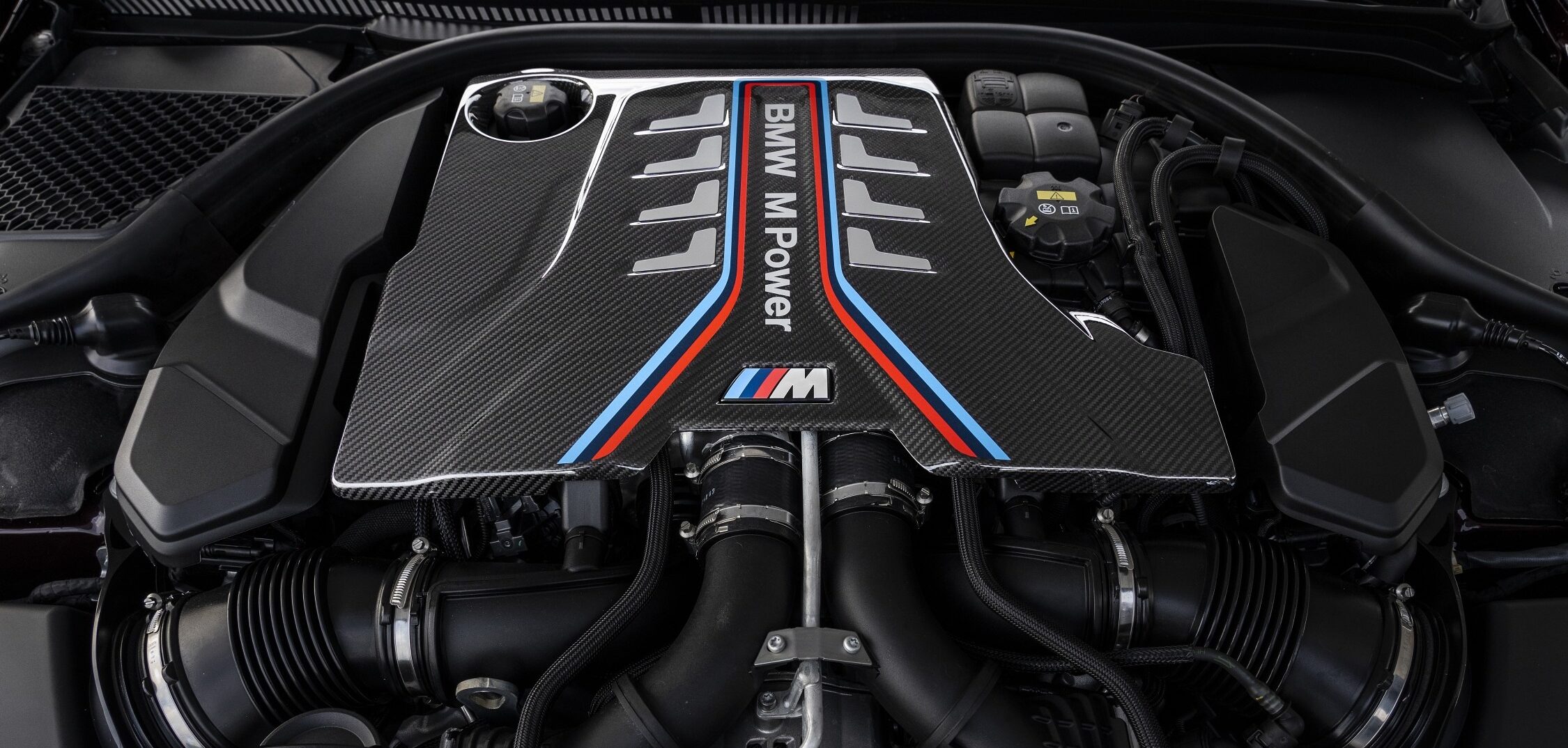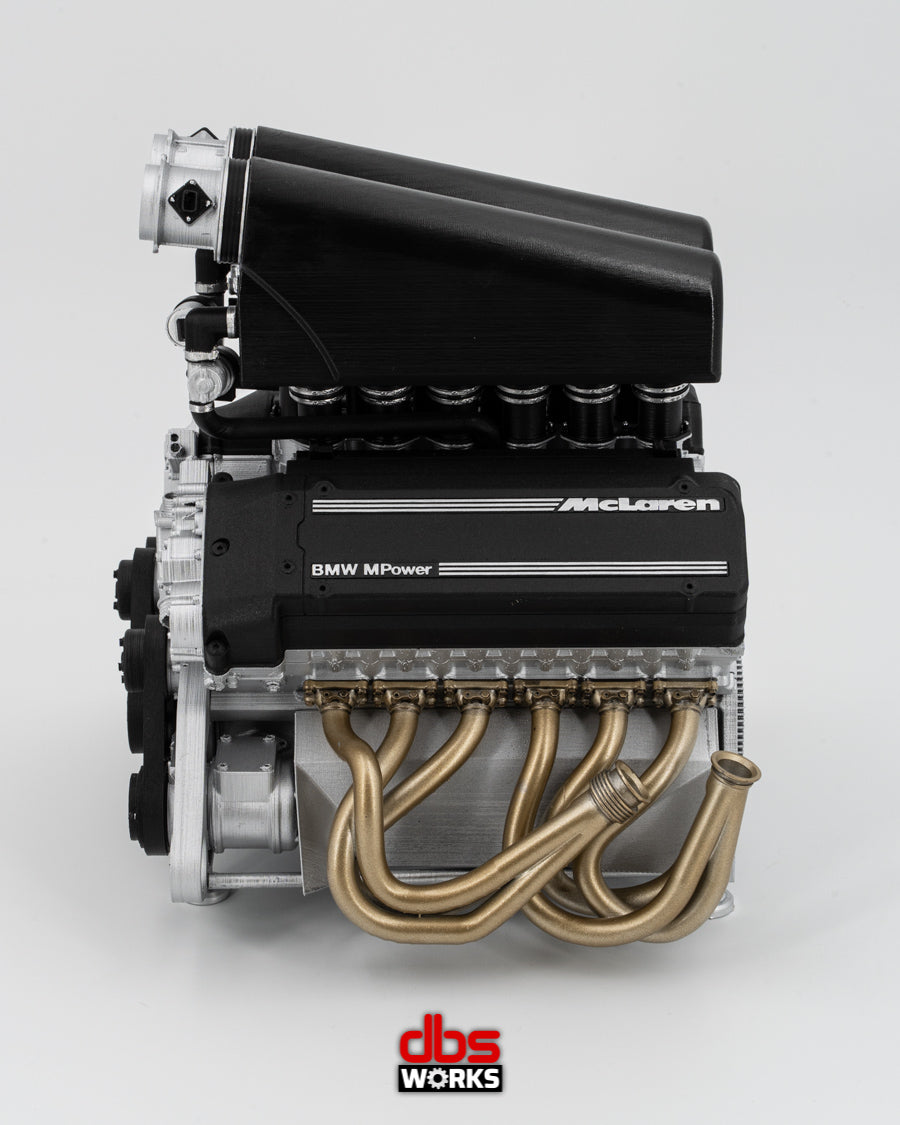Discovering the Performance Enhancements of the most up to date BMW Engine Versions
Discovering the Performance Enhancements of the most up to date BMW Engine Versions
Blog Article
Unveiling the Intricacies of Next-Generation Power Units: a Deep Study Advanced Engine Technologies and designs
As we stand on the precipice of a new age in transportation, the complexities of next-generation engine designs beckon us to check out the advanced innovations and advancements that assure to redefine the driving experience. Delving deeper into the realms of emission control, intelligent engine administration systems, and the perspective of power device development, we discover ourselves on the cusp of a change that assures to improve the landscape of mobility as we know it.
Development of Engine Products

The shift in the direction of advanced engine materials has actually additionally enabled designers to create engines with higher power outcomes while maintaining gas effectiveness criteria. For instance, using lightweight products minimizes the general weight of the engine, causing boosted gas economic climate and reduced discharges. In addition, innovations in products technology have actually permitted for better thermal monitoring within engines, causing increased integrity and longevity.
Turbocharging and Supercharging Technologies
How do Turbocharging and Supercharging Technologies transform engine efficiency and efficiency in modern vehicles? Turbocharging and supercharging are technologies that substantially improve engine efficiency by raising the amount of air consumption right into the burning chamber. Turbocharging accomplishes this by utilizing a generator driven by exhaust gases to pressurize the consumption air, while supercharging makes use of a belt- or chain-driven compressor to attain the very same impact.
These modern technologies enable smaller sized, a lot more fuel-efficient engines to produce power equal to bigger ones, understood as downsizing. By forcing even more air into the cylinders, turbocharging and supercharging enhance combustion performance, resulting in increased horse power and torque outcome without a considerable rise in engine size. This results in far better velocity, pulling capability, and general driving performance.
Moreover, turbocharging and supercharging add to boosted fuel effectiveness by permitting the usage of smaller sized engines that take in much less gas under typical driving problems - bmw engine. This combination of improved efficiency and efficiency has made turbocharging and supercharging integral elements of several contemporary engine designs
Discharge Control and Environmental Impact
With increasing worldwide problems relating to air top quality and ecological sustainability, the implementation of exhaust control modern technologies in vehicles plays an important duty in reducing damaging pollutants launched into the atmosphere. Modern cars are equipped with advanced emission control systems that aid lessen the environmental impact of auto procedures. Catalytic converters, for example, are designed to convert hazardous gases such as carbon monoxide, nitrogen oxides, and hydrocarbons right into less unsafe compounds like carbon dioxide and water vapor.
Additionally, developments in engine technology, such as the integration of exhaust gas recirculation systems and selective catalytic decrease, have actually dramatically added to decreasing exhausts. These modern technologies operate in tandem to enhance internet combustion performance and minimize the release of harmful pollutants right into the air. In addition, the development of hybrid and electric automobiles stands for an important step in the direction of decreasing the total ecological footprint of the transportation industry.
Intelligent Engine Administration Systems

Moreover, these systems make it possible for automobiles to meet rigorous discharges requirements without endangering performance, offering an extra eco-friendly driving experience. The assimilation of man-made intelligence and equipment learning capacities in engine administration systems remains to press the boundaries of what is feasible, leading to further renovations in performance, dependability, and total automobile performance. bmw engine. As automobile modern technology advancements, smart engine administration systems will certainly play a vital duty in forming linked here the future of transportation towards a much more lasting and efficient direction
Future Trends in Power Device Development
As smart engine monitoring systems lead the method for improved control and optimization in modern-day cars, future fads in power system development are positioned to redefine the landscape of vehicle propulsion technologies. Among the crucial patterns driving advancement in power system development is the shift towards electrification. With a raising emphasis on sustainability and decreasing carbon emissions, hybrid and electrical powertrains are coming to be more common in the automobile industry. These alternate power sources supply boosted effectiveness and efficiency while lining up with stringent environmental policies.
An additional considerable fad is the integration of innovative materials and producing techniques. Lightweight products such as carbon fiber and light weight aluminum are being used to minimize general lorry weight, improving fuel efficiency and efficiency. Additionally, innovations in 3D printing and additive production are allowing the production of complex engine components with higher precision and resilience.
Additionally, expert system and equipment learning are playing a vital role in optimizing power system efficiency. These technologies enable real-time surveillance and adaptive control, leading to more trusted and effective power delivery. In general, future fads in power system advancement are geared in the direction of effectiveness, performance, and sustainability, driving the auto industry in the direction of a brand-new age of propulsion innovations.

Verdict
In verdict, the improvements in engine materials, turbocharging, discharge control, and intelligent monitoring check here systems have paved the way for next-generation power systems. The complex styles and technologies in modern engines display the recurring advancement of automobile technology.
Discovering the dynamic innovations in engine materials has been critical in boosting the efficiency and effectiveness of contemporary engines. Over the years, the advancement of engine materials has played a crucial function in pushing the boundaries of what engines can attain.The change in the direction of progressed engine materials has likewise made it possible for engineers to make engines with greater power outcomes while preserving gas effectiveness criteria.The execution of smart engine administration systems in modern vehicles has transformed the means engines are controlled and optimized for performance and effectiveness. By collecting information in real-time and examining it with innovative algorithms, smart engine monitoring systems can adjust to driving designs, environmental elements, and engine wellness to make the most of power outcome while minimizing fuel usage and discharges.
Report this page